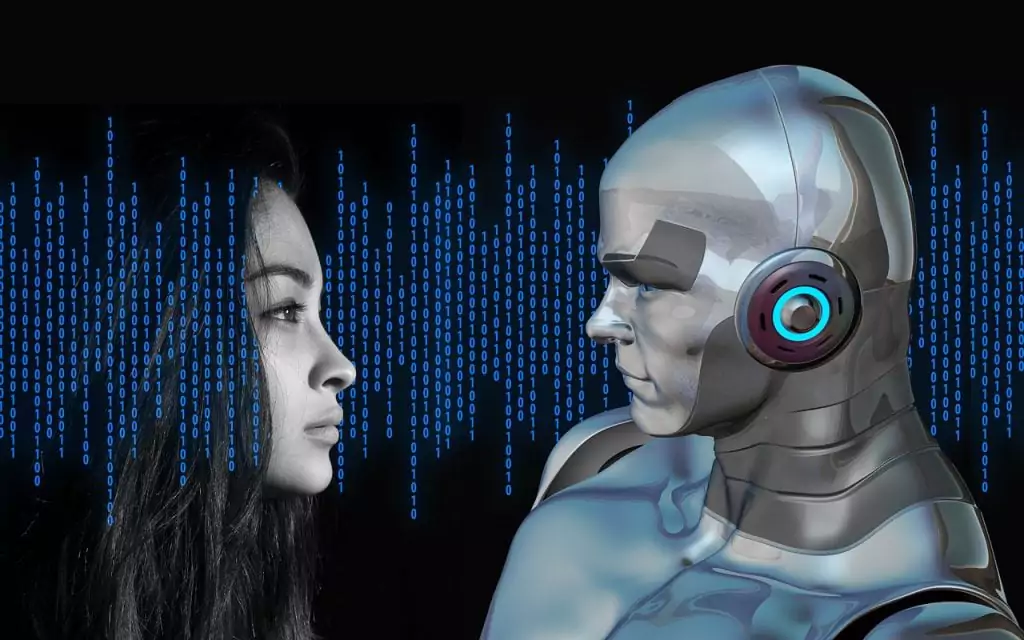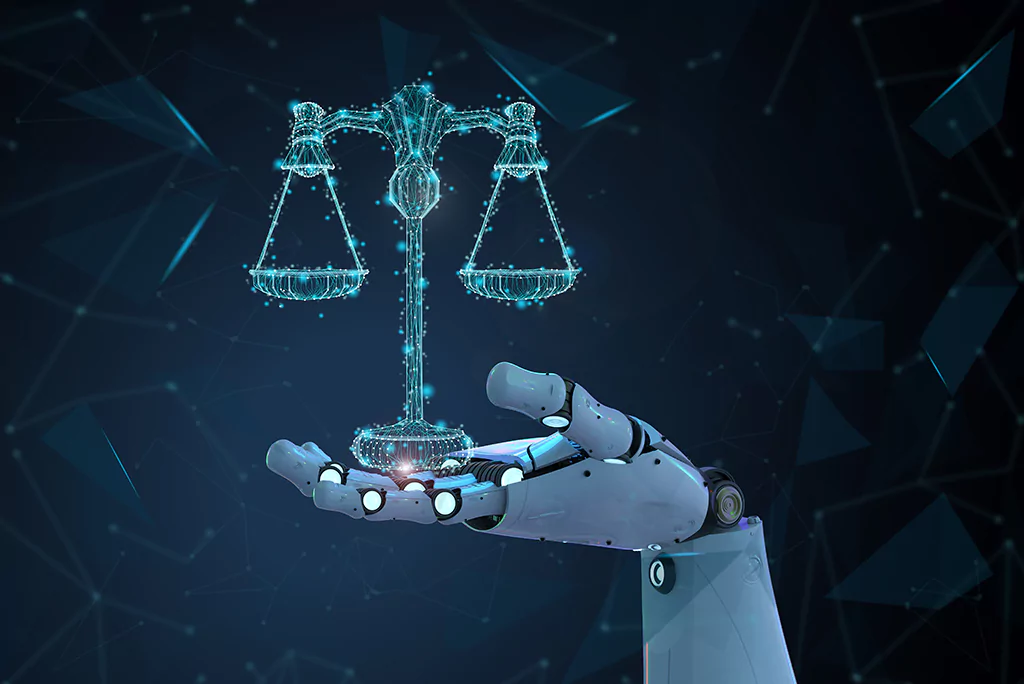This month: A study conducted by Stanford University raises concerns over bias in AI-based writing evaluation tools. On a positive note, AI-based academic writing tools are gaining traction among students in the U.S. A survey reveals that these tools are increasingly being used to improve writing skills, with students finding them helpful in editing and refining their work. In a major regulatory development, the European Union is leading the way in AI regulation with its landmark AI Act. The legislation aims to set standards for the ethical and responsible development and use of AI. In the meantime, teachers are finding it more challenging than expected to identify text generated by AI. The sophistication of AI-generated content has reached a point where distinguishing between human and machine-written text has become problematic

✅ AI Essay Writer ✅ AI Detector ✅ Plagchecker ✅ Paraphraser
✅ Summarizer ✅ Citation Generator
If you are not into reading the news but still want to stay updated on the latest trends in education technologies, A*Help got you covered. We collect all the juiciest and most discussed topics to form a monthly digest to keep you posted on what’s happening in the world of AI and EdTech field. We are determined to give you the most valuable pieces so you don’t waste your time on irrelevant information. On top of that, this news summary can be useful in showing you how to benefit from recent technologies or how to avoid failures with AI usage.
“AI Detectors Show Bias Against Non-Native English Writers,” Stanford Study Warns
04 Jun ’23

A recent study conducted by Stanford University has raised concerns about bias in AI-based writing evaluation tools. The research highlights that these automated systems tend to favor writings by native English speakers, often unfairly evaluating works from non-native writers.
This raises questions about the inclusivity and fairness of using AI in academic assessments, particularly in diverse and international educational settings. The findings underscore the need for developers to address biases in AI algorithms to ensure that they serve as impartial and equitable tools for education.
AI Tools for Academic Writing Gain Growing Traction Among US Students, the survey reveals
12 Jun ’23

AI-based tools geared towards academic writing are gaining widespread popularity among students in the United States, as revealed by a recent survey.
These tools, which assist in editing and refining written content, are being lauded for their ability to enhance writing skills. Students are particularly finding value in the grammar and plagiarism detection features, along with suggestions for style and structure improvements. This trend indicates a growing reliance on technology to augment academic performance and reflects the potential for AI to positively impact educational outcomes. However, educators and students are encouraged to use these tools critically and as a supplement to traditional learning methods.
EU Leads the Charge in AI Regulation with Landmark AI Act
14 Jun ’23

Somebody should be already doing something with this growing AI popularity and the European Union (EU) is pioneering AI regulation with the introduction of a landmark AI Act. The legislation aims to establish standards for the ethical and responsible development and deployment of AI technologies.
Among the focal points of the act are transparency, accountability, and the protection of fundamental rights of individuals. The AI Act is expected to have broad implications not only for technology companies but also for sectors such as education and healthcare, where AI is increasingly being integrated. Through this legislative move, the EU is positioning itself at the forefront of ensuring that AI technologies are developed and used within a framework that respects human values and rights.
Identifying AI-Created Text Proves More Difficult for Teachers than Expected
15 Jun ’23

A recent study has revealed that educators are finding it increasingly challenging to differentiate between text written by students and content generated by AI.
The sophistication of AI-created text has reached a level where it is often indistinguishable from human-written content, raising concerns about authenticity and integrity in academic work. The study underscores the need for educational institutions to be vigilant and for technology companies to develop tools that can effectively detect AI-generated content. Moreover, it highlights the importance of fostering critical thinking and originality among students in an age where technology can easily produce written material.
Follow us on Reddit for more insights and updates.





Comments (0)
Welcome to A*Help comments!
We’re all about debate and discussion at A*Help.
We value the diverse opinions of users, so you may find points of view that you don’t agree with. And that’s cool. However, there are certain things we’re not OK with: attempts to manipulate our data in any way, for example, or the posting of discriminative, offensive, hateful, or disparaging material.